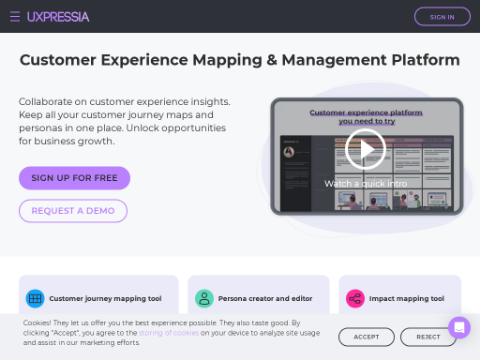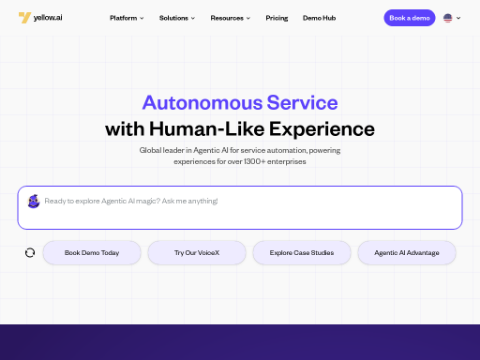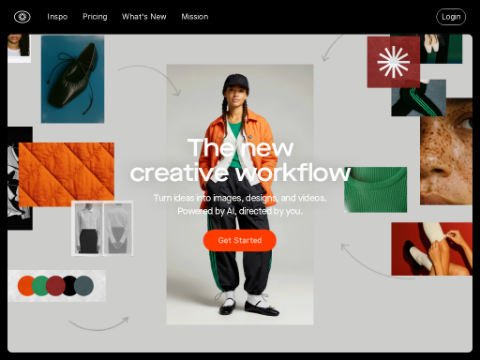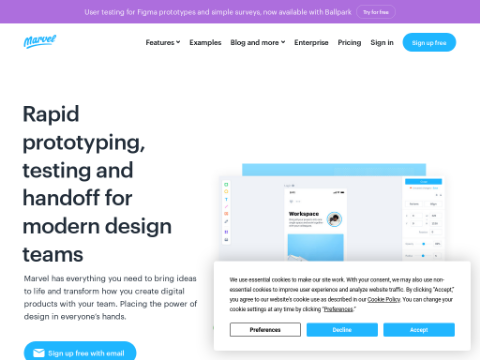Startup company Meshy has announced the release of its latest version of AI-driven 3D modeling tool, Meshy-4. After 16 months of development, this version has made significant improvements in 3D geometry processing and redesigned workflows, aiming to revolutionize the way designers and developers create virtual environments.
Co-founder of Meshy, Ethan (Yuanming) Hu, expressed his recognition of the team's achievements on X.com: "From the beginning until now, we have made unexpected progress. I am very proud of the team's accomplishments."
Meshy-4 optimizes the surface smoothness and geometric details of AI-generated 3D models, making the output models more refined and closer to professional standards. To enhance users' control over the final product, the new software divides the 3D model generation process into two stages: modeling and texture processing. This change also lays the foundation for future development of more specialized features.
In addition, Meshy-4 introduces a "retry" option, allowing users to quickly generate new 3D models when they are not satisfied with the initial results. This helps address the uncertainty issue of AI-generated content.
These technological advancements are expected to have a significant impact on industries such as game development and architectural visualization. By speeding up the design iteration process and reducing costs, high-quality 3D assets will be more accessible to small studios and independent creators. However, as AI-generated 3D models approach professional levels, discussions about the future of creative professions are heating up. The boundary between human and machine-generated art is becoming increasingly blurred, prompting a reevaluation of creativity and the value of traditional artistic skills in the digital age.
The release of Meshy-4 comes at a time of increasing demand for 3D content, thanks to the development of virtual reality and augmented reality technologies, as well as growing interest in the concept of the metaverse. For businesses seeking to quickly produce high-quality 3D assets to build immersive digital environments, the importance of such tools is self-evident.
The technological advancements embodied in Meshy-4 reflect the expanding role of AI in the creative field. As machine learning models become more mature, their results in certain areas can rival those created by humans. This shift may reshape the employment structure of the creative industry, emphasizing the need to guide AI tools rather than traditional modeling skills.
As AI-assisted 3D modeling tools like Meshy-4 continue to evolve, their impact on the industry will be closely watched. The challenge for the future lies in effectively harnessing these powerful tools while preserving the unique value of human creativity.








